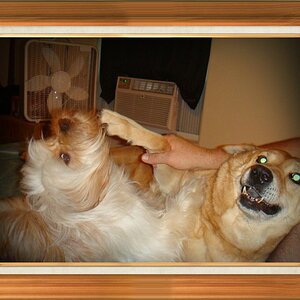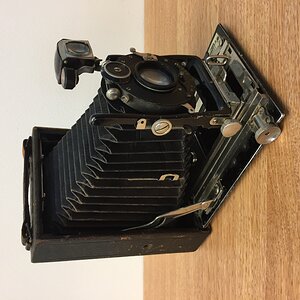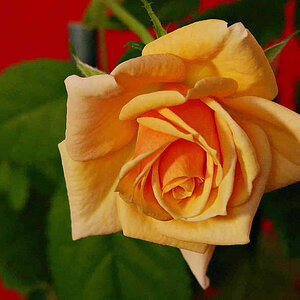Hardrock
TPF Noob!
- Joined
- Apr 8, 2009
- Messages
- 1,173
- Reaction score
- 36
- Location
- Dallas
- Can others edit my Photos
- Photos NOT OK to edit
Does aperture affect the focusing speed? I believe the lens is wide open when focusing before the shot and then stops down(unless shooting wide open) correct? So for example: Will the Canon 70-200 f2.8 focus faster then the 70-200 f4 due to more available light?


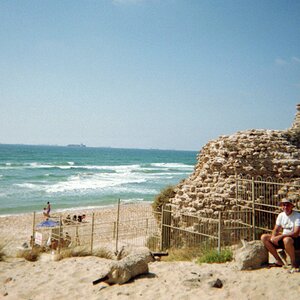
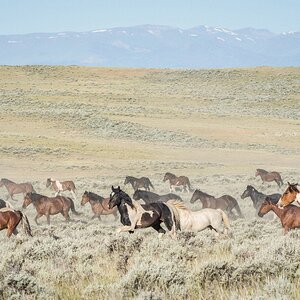
![[No title]](/data/xfmg/thumbnail/41/41906-b9041eb5a3fa48eb5d5084ac2198a75c.jpg?1619739940)
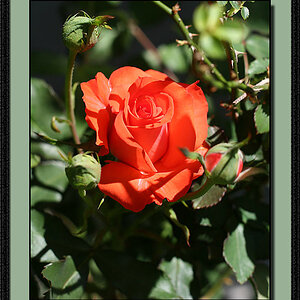
![[No title]](/data/xfmg/thumbnail/40/40356-883c642c8d24d2709b359f9c8b196fcf.jpg?1619739437)
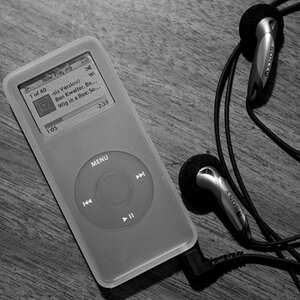
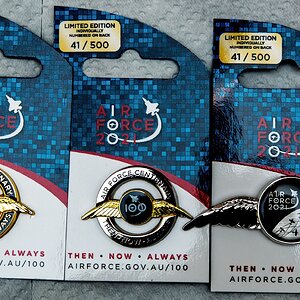
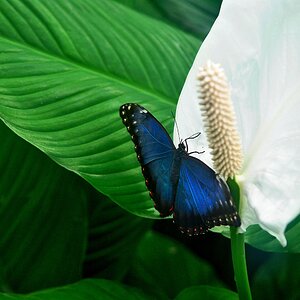
![[No title]](/data/xfmg/thumbnail/35/35262-02f8eba4a2a92dbae0b55547bba80b4f.jpg?1619736968)
